Summaries of books about U.S. History:
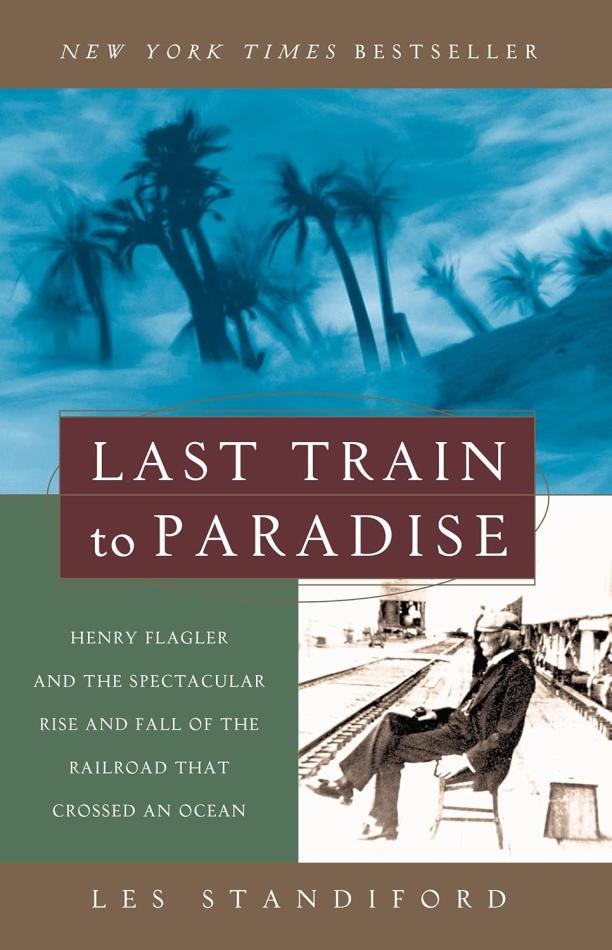
Last Train to Paradise
Henry Flagler and the Spectacular Rise and Fall of the Railroad that Crossed an Ocean
Les Standiford
The book chronicles the ambitious project of tycoon Henry Flagler to construct an overseas railroad connecting the Florida Keys to the mainland, detailing the engineering challenges, the labor force struggles, and the natural disasters faced. It also explores Flagler's life and the transformative impact of the railroad on the development of Florida's economy and society.
See full summary
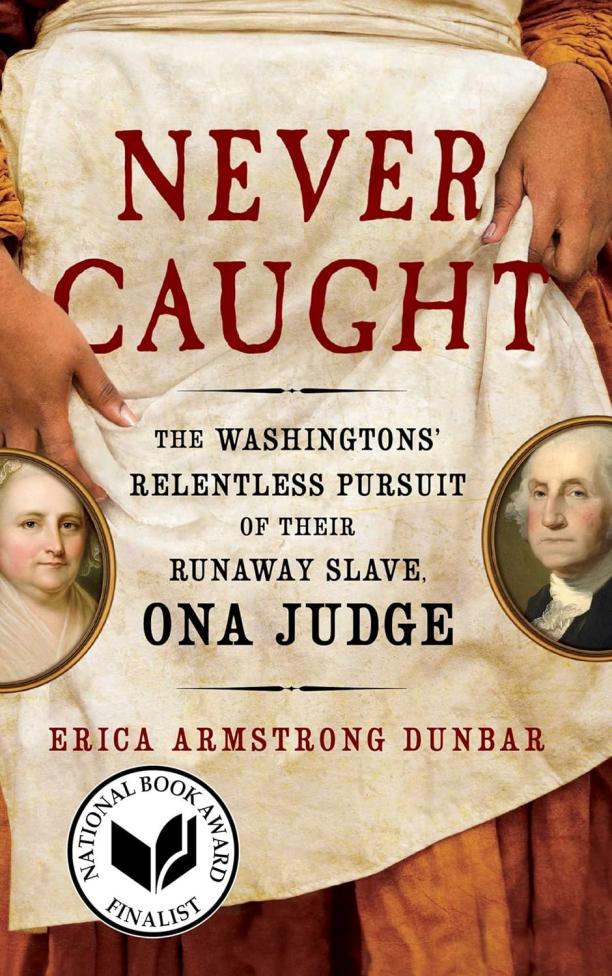
Never Caught
The Washingtons' Relentless Pursuit of Their Runaway Slave, Ona Judge
Erica Armstrong Dunbar
The book chronicles the life of Ona Judge, an enslaved African American woman who escaped from President George Washington's household. It details her courageous journey to freedom, the Washingtons' efforts to recapture her, and the legal and moral complexities of slavery in the early United States.
See full summary
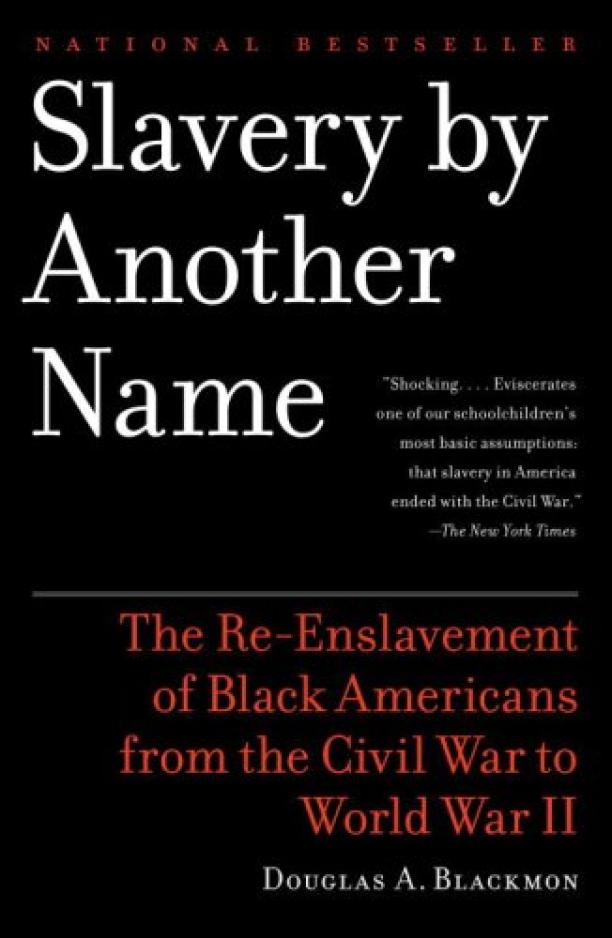
Slavery by Another Name
The Re-Enslavement of Black Americans from the Civil War to World War II
Douglas A. Blackmon
The book exposes the forced labor practices and legal policies that effectively re-enslaved African Americans in the United States after the Civil War, particularly through convict leasing, debt peonage, and other forms of exploitation until World War II. It reveals the systemic and brutal ways in which these practices were used to subjugate Black Americans and maintain a racial caste system in the South.
See full summary
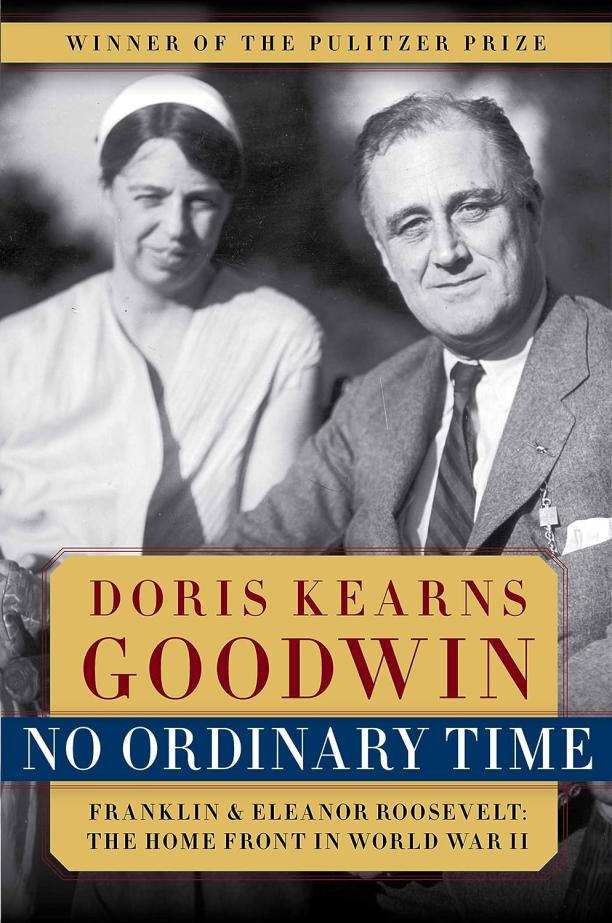
No Ordinary Time
Franklin & Eleanor Roosevelt: The Home Front in World War II
Doris Kearns Goodwin
The book provides an in-depth look at the lives of Franklin and Eleanor Roosevelt during World War II, exploring their leadership, personal challenges, and the transformation of American society. It delves into the political, social, and domestic aspects of the era, highlighting the couple's influence on the nation's wartime policies and the evolving role of the presidency and first lady.
See full summary
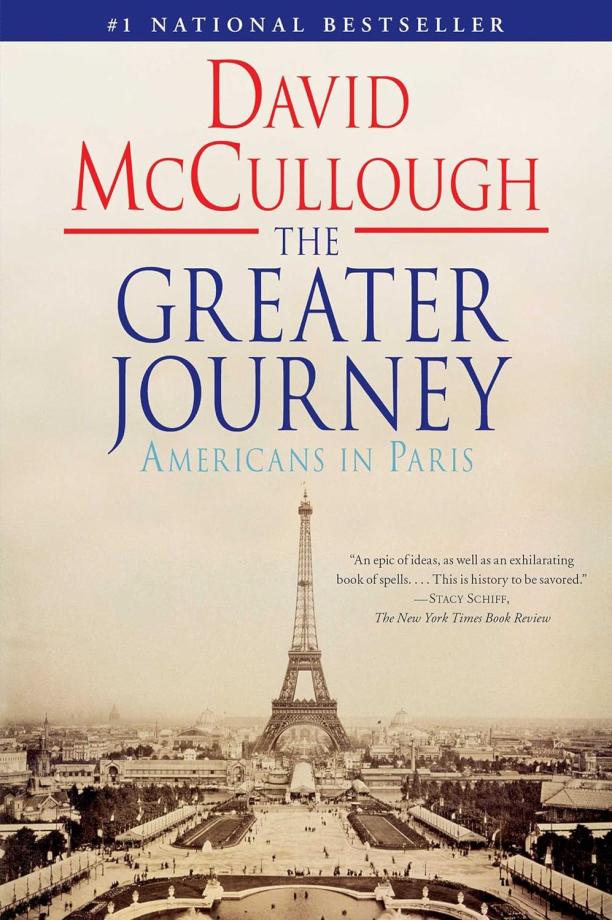
The Greater Journey
Americans in Paris
David McCullough
The book chronicles the experiences of American artists, writers, doctors, and politicians who traveled to Paris between the 1830s and 1900s, seeking inspiration and knowledge. It highlights how their encounters with Parisian culture and innovations influenced their work and shaped American history upon their return.
See full summary
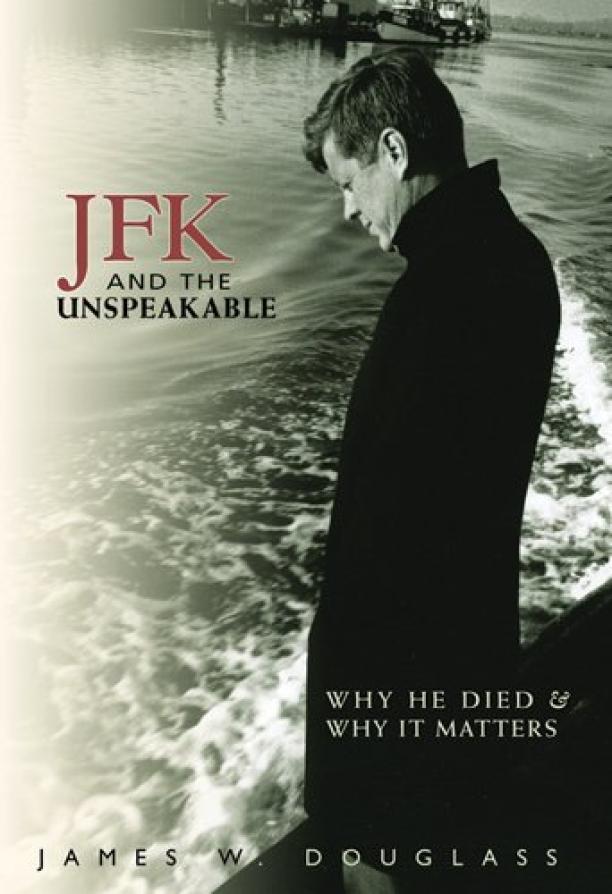
JFK and the Unspeakable
Why He Died and Why It Matters
James W. Douglass
The book delves into the assassination of President John F. Kennedy, presenting the case that he was killed by a conspiracy within the U.S. government due to his emerging opposition to Cold War politics and his efforts to end the Vietnam War. It argues that Kennedy's turn towards peace threatened military and intelligence agendas, leading to his murder and the subsequent cover-up.
See full summary
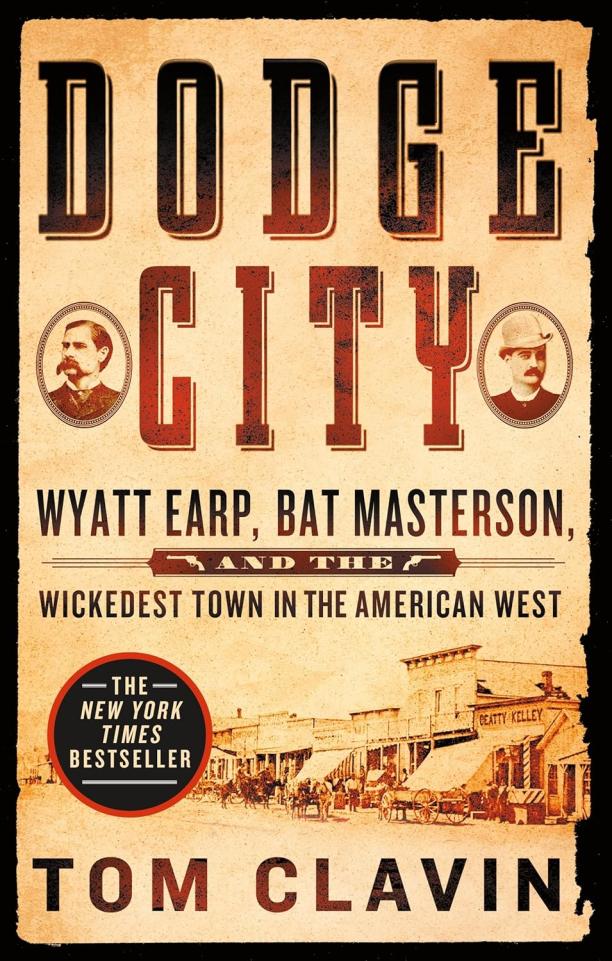
Dodge City
Wyatt Earp, Bat Masterson, and the Wickedest Town in the American West
Tom Clavin
The book chronicles the lives and legends of Wyatt Earp and Bat Masterson, two iconic lawmen of the American West, focusing on their roles in taming Dodge City, Kansas, during its heyday as a hub of lawlessness and vice. It delves into their notable gunfights, personal relationships, and the broader context of frontier justice in a town infamous for its outlaws and gamblers.
See full summary
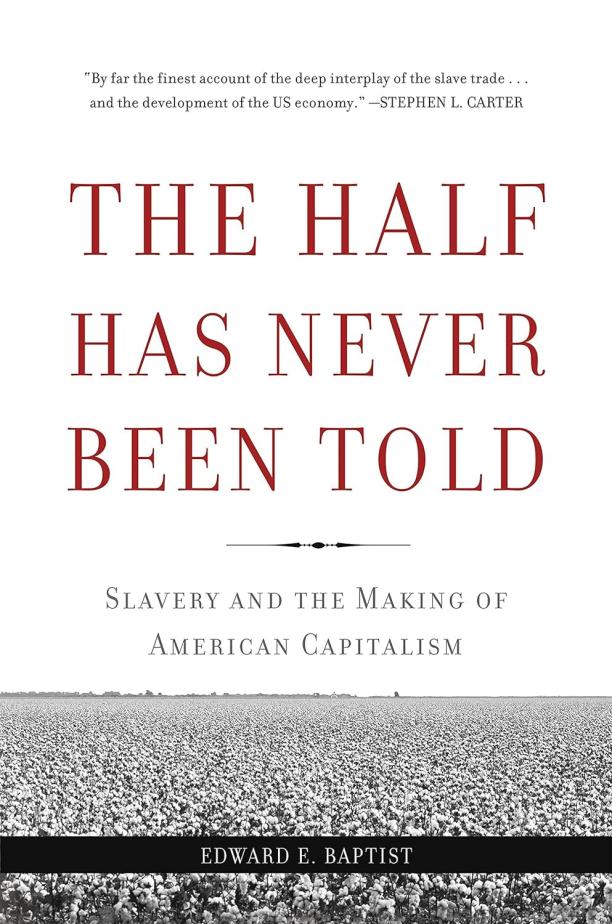
The Half Has Never Been Told
Slavery and the Making of American Capitalism
Edward E Baptist
The book delves into the brutal history of slavery in the United States and its integral role in the development of American capitalism, arguing that the forced labor and innovation in plantation management were foundational to the nation's economic growth. It presents personal narratives of enslaved people alongside economic analysis to illustrate how slavery's expansion was central to the transformation of the U.S. into a global economic power.
See full summary
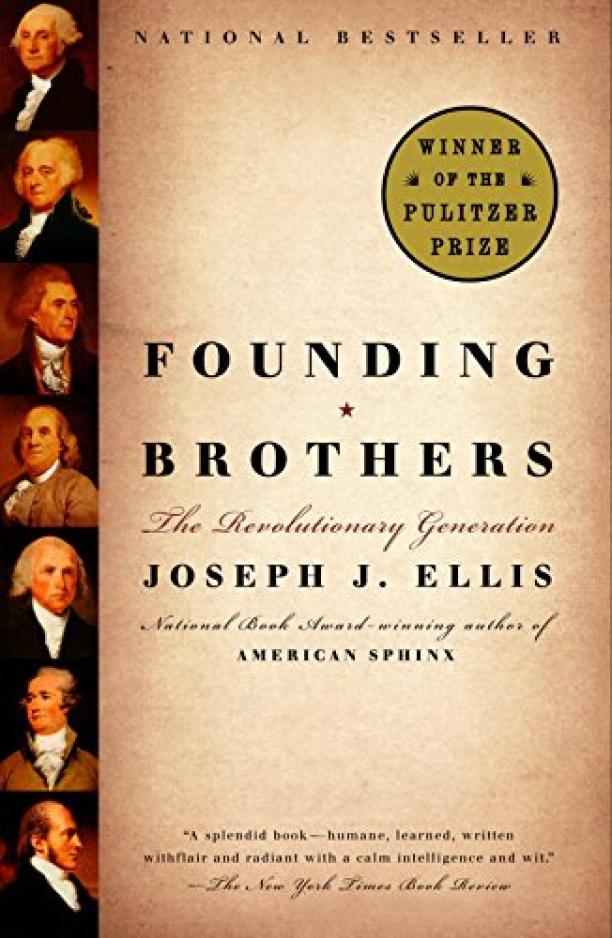
Founding Brothers
The Revolutionary Generation
Joseph J. Ellis
The book delves into the intertwined lives and interactions of America's founding fathers, such as Hamilton, Burr, Jefferson, Franklin, Washington, Adams, and Madison, through a series of six pivotal historical episodes. It explores the challenges they faced in shaping the new republic and the legacy of their leadership and decisions for the United States.
See full summary
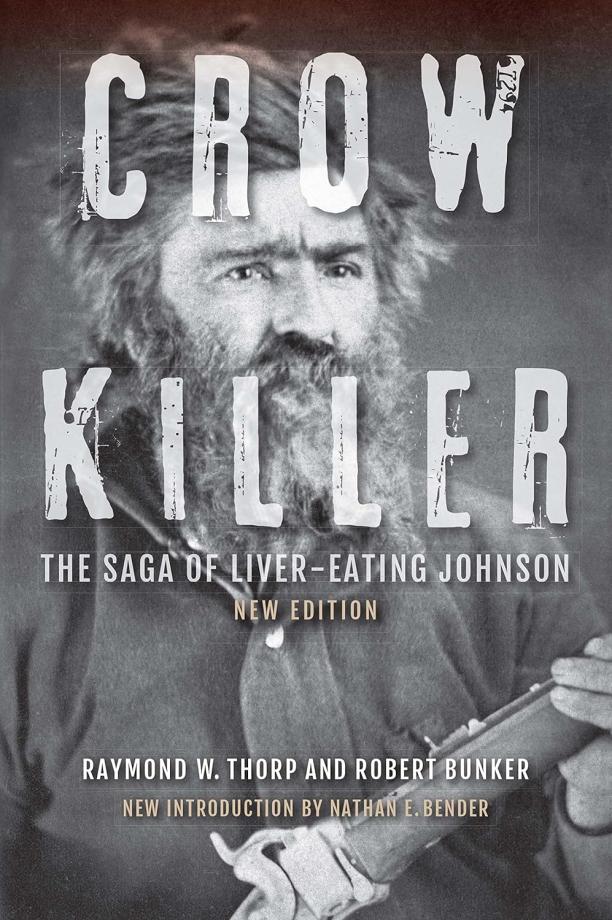
Crow Killer
The Saga of Liver-Eating Johnson
Raymond W. Thorp Jr.|Robert Bunker
The book recounts the legendary exploits of American mountain man John "Liver-Eating" Johnson, detailing his life in the Rocky Mountains, his vendetta against the Crow tribe, and his reputation for survival and vengeance. It blends historical facts with folklore to paint a vivid picture of the harsh and violent frontier life in the 19th century American West.
See full summary